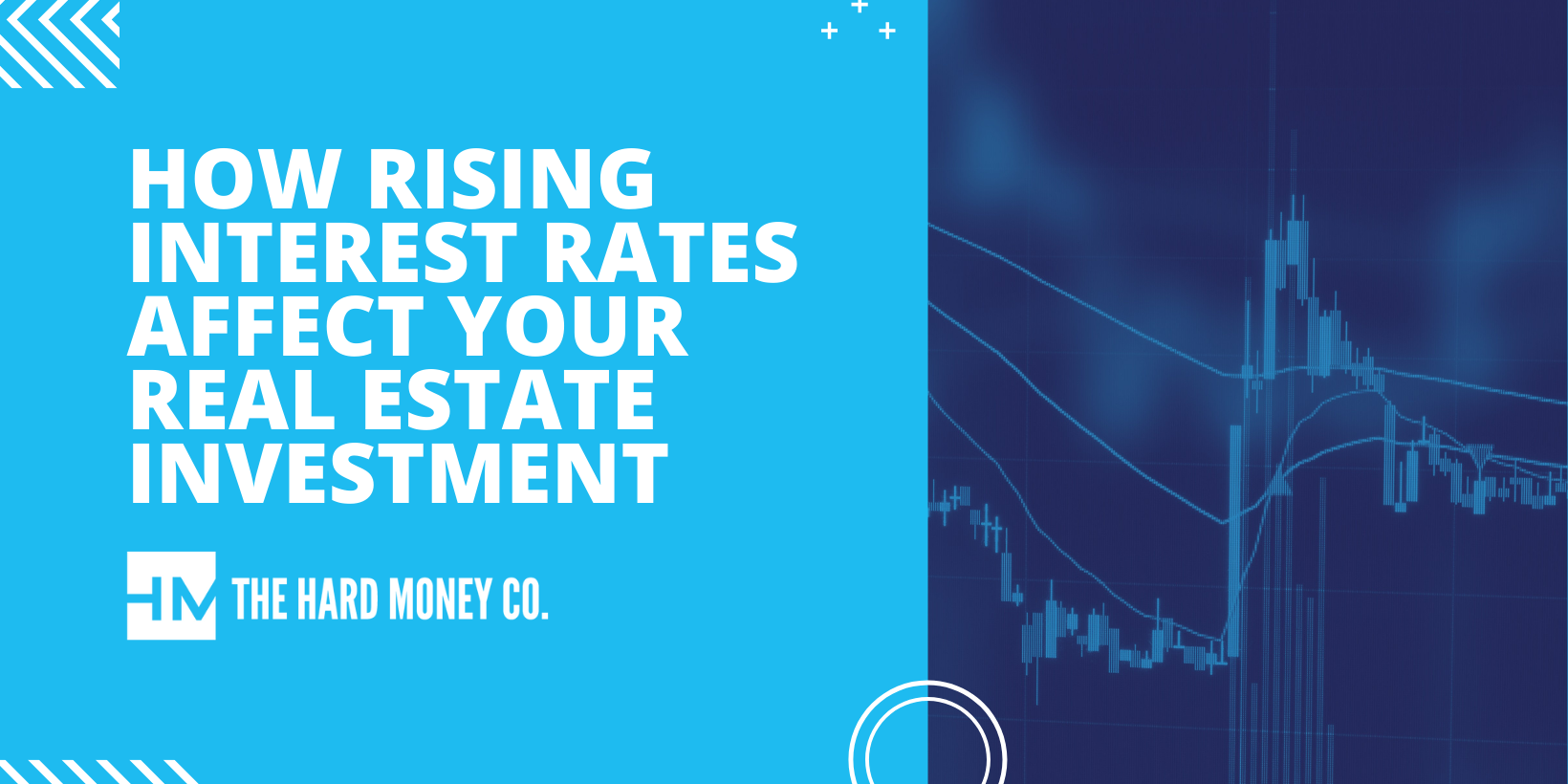We choose to invest in real estate for a number of reasons; it gives us the ability to generate relatively passive rental income, offers diversification, and ultimately allows us to realize outsized returns on the disposition of the property. But all of this is predicated on the ability to borrow money, and as interest rates rise, the yield on our investment strategies begins to shrink.
Seasoned investors have lived through the ups and downs of changing interest rates, but recent entrants to the real estate market have experienced relatively low rates for the entirety of their careers. Rising rates are also juxtaposed against record levels of inflation. So while real estate typically can act as a hedge against inflation, these effects are mitigated while rates rise along with them. While there's no cause for concern, you may want to consider how these changes may affect your investments in the years to come.
What's Happening with Interest Rates?
It would be an understatement to suggest that we've experienced some global turmoil in recent years, and this had outsized effects on our financial markets. The pandemic brought with it historically low mortgage rates which vaulted demand for real estate and sent property prices sky-high. Disruption to our supply chain, coupled with federal stimuli and a red-hot labor market, has simultaneously overheated the economy. Now, with the war in Ukraine and the corresponding economic sanctions against Russia, energy prices have been thrown into flux.
Since the beginning of 2022, the Federal Reserve has slowly begun to increase short-term interest rates and is expected to do so throughout the year. This is done in an effort to dissuade ongoing investment and curb the rising inflation rates until the economy reaches an equilibrium.
We can expect that mortgage rates and other rates in the real estate space will continue to rise for some time. Though we don't know how high they might go, investors should have contingency strategies in place for a range of rates. Now is the time to start considering how changes in the macroeconomic environment might affect your strategy.
What does this mean for my investments?
These changing factors can affect different strategies in different ways. Investors with assets to sell can expect higher pay-offs as the prices of homes are at an all-time high. That said, if those same investors want to reinvest in the market, they may end up paying more on the other end.
Increasing interest rates are also going to make it more costly to finance, or re-finance, a property. For those employing a long-term strategy such as the BRRR method, this can drastically affect the cost of your investment over its lifetime. As of writing this, the average 30-year fixed mortgage rate is at 5.1% up from 3.6% at the beginning of the year. For a $200,000 loan, this raises your monthly payment from $909 to $1,086 and increases the lifetime cost of your loan by $63,720! These shifting figures can have a significant impact on the viability of your investment property.
Consider how changes in interest rates and the housing market may affect your ability to generate a positive cash flow on your rental property. Is now the time to sell, re-invest, or hold? Take some time to determine how your strategy might change in different economic environments and act accordingly.
For investors with existing rental properties, the rising interest rates may actually be a good thing. As interest rates rise so, too, do rental rates. If you have units that are owned outright or have fixed rates, you may be able to raise your rental prices as the market allows. This can give you the ability to generate an additional return on your assets already in place.
Finally, if you have capital ready to deploy but are concerned about your ability to finance a property, you may want to consider alternative strategies. You can always invest in REITs or other collectively acquired assets at smaller dollar amounts. This protects your capital from inflation without exposing you to higher interest rates. In fact, you may actually be able to demand a higher return on your capital due to rising rates.
You can also employ short-term strategies such as a Fix and Flip. Using your existing capital and hard money financing. You can acquire, renovate, and sell a property in a short period of time. This eliminates your exposure to the long-term effects of high rates and allows you to capitalize on a hot housing market. If you are interested in how a short-term, fixed-rate, hard money loan may help you enter the market. Consult with a Hard Money Co. rep or fill out an application to get started.
Where do you go from here?
That's a question that only you can answer. Your strategy will inform how you react to changing market variables. But rising rates don't have to be bad and changing circumstances often present opportunity to savvy investors. As the cost of financing becomes more expensive there will be fewer investors interested in the marketplace. There are no bad times to invest, only bad strategies. Use this knowledge to your advantage to seek out ROI generating opportunities in unique places and, most importantly, stay on top of the changing world to identify value when it presents itself.


